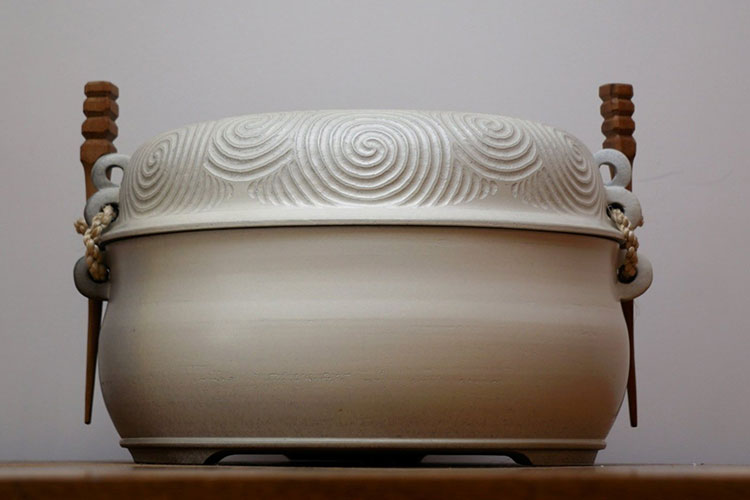Your iwi could be in Treaty negotiations or progressing through its post-settlement phase.
Or you could be considering standing for your hapū trust board, or perhaps a community group.
Whatever your aspirations, the Diploma in Māori Governance and Leadership will help you gain the required skill set to ensure what's best for your whānau, hapū and iwi.
Mārama Henare-Waho, who teaches the fulltime, 36-week programme at Te Kuiti's Maniapoto campus says all organisations require strong governance and leadership to ensure their sustainability and returns for their stakeholders.
But for Māori entities, the obligations are often greater.
“We have to consider not only our people but things like our land and language and kura (schools) as our taonga tuku iho (legacy) that we are caretakers of for our future generations,” says Ms Henare-Waho.
“We must also consider whakapapa (genealogy) and whānaungatanga (familial ties). So there’s a long-term affiliation in the way we think that’s different to other entities.”
“For us, the economic and the environmental aspects are important but there’s also an expectation that whatever activity we generate will have cultural and social benefits for our communities - in fact, it’s almost obligatory.”
As a former law lecturer at the University of Waikato, with experience working for the Māori Land Court and Waitangi Tribunal, Ms Henare-Waho has an innate understanding of the mechanics of Māori governance and leadership.
The programme, which is also run in Rotorua and Gisborne, is aimed not only at serving marae or iwi trustees but anyone considering involvement in whānau, hapū or iwi infrastructure.
It covers trustee responsibilities, kaitiakitanga (guardianship), financial and strategic planning, asset management, leadership and communication.
“It gives you an opportunity to do some proactive thinking and planning around your role as a trustee or what this entails if you are newly-appointed in ways you can’t do when you are in those roles because often you are responding to issues that arise.”
Ms Henare-Waho says with Ngāti Maniapoto in the process of settling its Treaty claims, there are opportunities for people within the iwi to upskill for their marae, to whom the proceeds of any settlement should eventually go to.
“Good governance and leadership is key to the success of any organisation that might manage post-settlement assets .”
“But we must also consider our marae and land trusts and other organisations who will receive benefits of the settlement and they need all of the above, good processes and importantly, people who are skilled and have knowledge of what those roles entail.




































